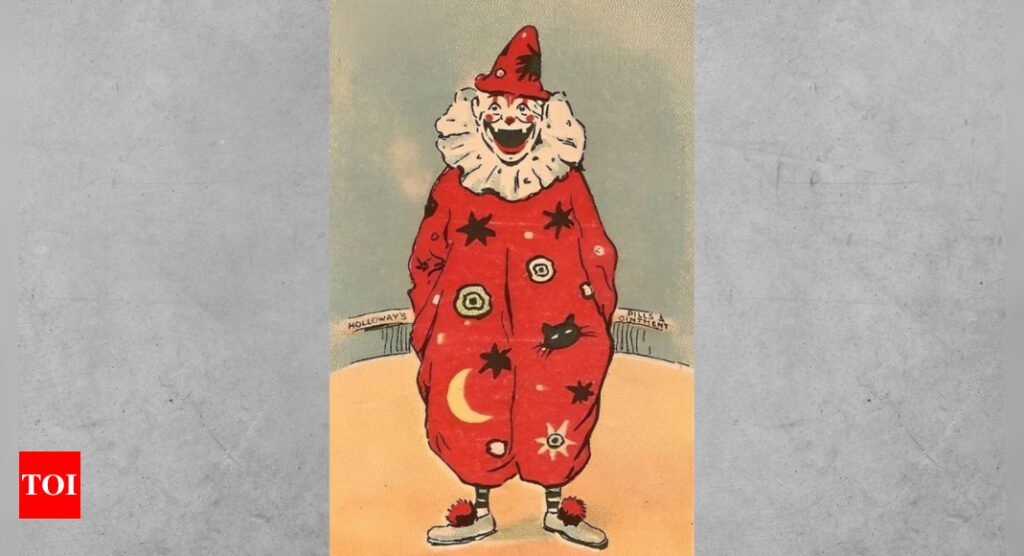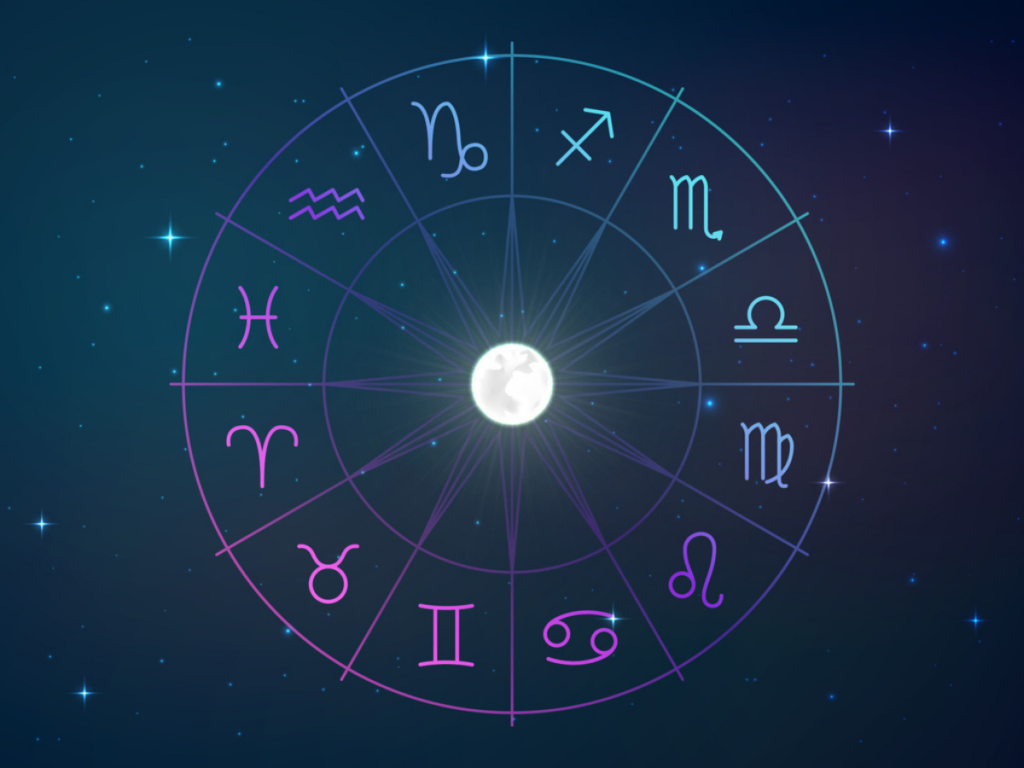Are you ready to embark on a mind-boggling adventure as you try to discover the whereabouts of the mischievous clown’s beloved dog? This difficult challenge has left many people scratching their heads. Are you up for the challenge? Let’s take a look at the world of optical illusions and see if you can overcome this challenge! Optical illusions benefit our brains by serving as tools for studying visual perception and cognitive processes. They reveal how our brains interpret and process visual information, shedding light on mechanisms such as attention and pattern recognition. Within the confines of this whimsical cartoon there is a hidden dog companion, cleverly hidden by a scary clown. The challenge is simple: locate the dog without falling victim to distraction.
Image: The Sun UK
Is the clown’s furry friend playing hide and seek amidst the vibrant chaos of the clown’s red jumpsuit? Could it be that he is a master of disguise, blending into strange scenes? The difficulty increases as you consider whether changing your perspective or strategically squinting will reveal the elusive animal. Tick! Because time is of the essence, put on your detective hat and scan the image as quickly as possible. The answer is hidden in mystery waiting for you at the end of the journey. If the puppy continues to run away, don’t worry; The solution is close at hand.
Image: The Sun UK
As the suspense builds, the final reveal shows the dog cleverly placed in the folds of the clown’s white scarf. Aha! The dog comes out of hiding and you, my friend, have conquered the challenge. This brain teaser is more than just a playful pastime; it’s a mental exercise that trains your cognitive muscles. Optical illusions, like this one, are exercise for your brain, providing a fun but difficult exercise in visual perception. So the next time you encounter a scary clown and his missing dog, remember the thrill of this brain-busting adventure.
Can you prevent cancer with diet?
Engaging in optical illusions acts as a form of cognitive training, promoting mental flexibility, problem-solving skills, and artistic expression. These illusions are also valuable in education, providing accessible demonstrations of complex concepts, and in neuroscience research, providing a means to investigate the neural processes involved in awareness.



